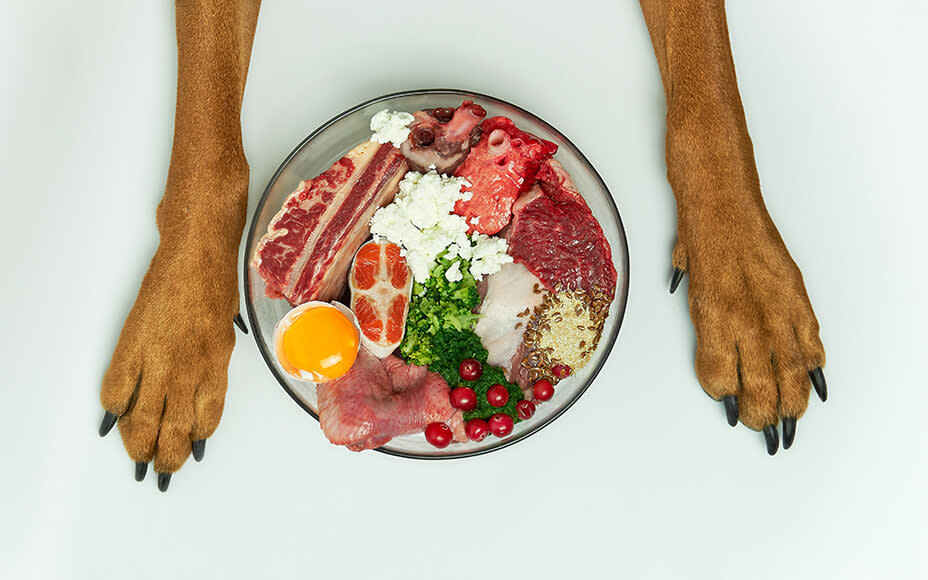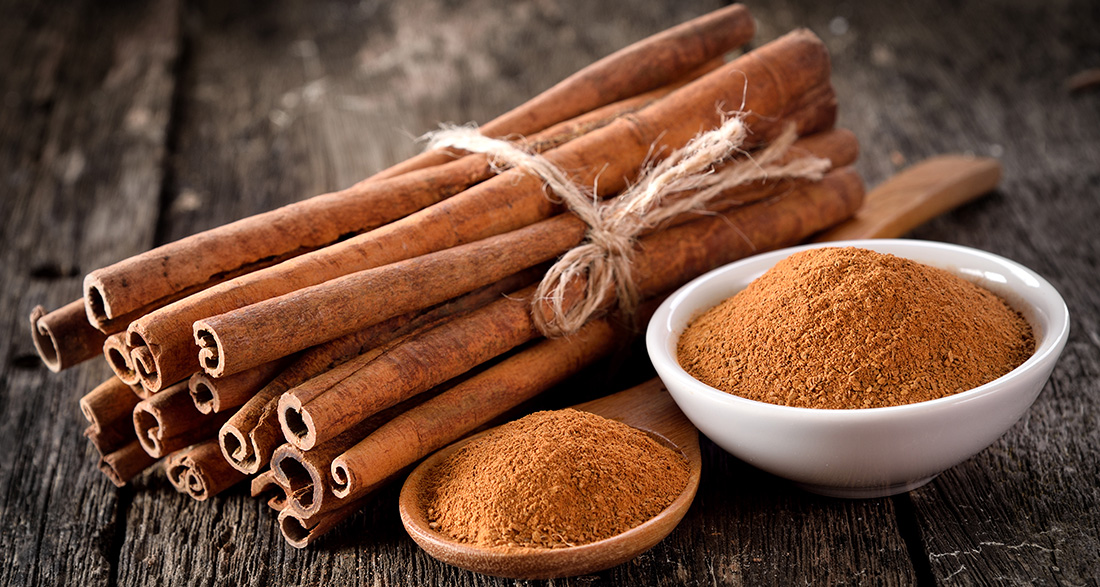Is cinnamon allowed for dogs, and how should you best feed this fine spice to your dog? Learn more about spices for dogs.
Can Dogs Eat Cinnamon?
For many people, the delicate spice reminiscent of Christmas is a real must-have in every kitchen: Cinnamon has a distinctive taste and is perfect for teas, sweets, and even savory dishes like curries. But is this spice also allowed for dogs, and can our four-legged friends occasionally taste the sweet powder? The answer is: Yes and No, cinnamon in powder form is allowed for dogs—under certain conditions and only with a specific type of cinnamon. In small quantities, cinnamon poses no danger to dogs, but there are some things to consider when feeding it.
How Do I Feed Cinnamon to My Dog?
Do dogs even like the taste of cinnamon, and can they smell it as well as we can? Not every four-legged friend finds the scent attractive—naturally, our furry companions won’t necessarily drool at the thought of it.
Because too much cinnamon can cause discomfort, you should feed cinnamon to your dog in small, controlled doses. If you want to bake dog cookies for Christmas, you can use small amounts of cinnamon for flavor. Your dog should not nibble on a whole cinnamon stick because the cinnamon dose would be too high.

The Type of Cinnamon Matters
Cinnamon can be divided into Cassia cinnamon and Ceylon cinnamon. The former is commonly found in our spice racks and is inexpensive at any supermarket. Unfortunately, its coumarin content is very high, which is an aromatic, secondary plant substance that can promote liver diseases with excessive consumption. Cassia varieties have no place in your dog’s bowl and can negatively impact your dog’s health.
While the coumarin content in Cassia varieties is about 3-9 grams per kilogram, it’s only 0.8g in Ceylon cinnamon.
If you want to bake for your four-legged friend or occasionally enhance its food, always opt for the less risky Ceylon cinnamon. It may cost more, but you won’t risk any health problems for your dog.
Can Cinnamon Be Toxic to Dogs?
Even though the ASPCA (American Society for the Prevention of Cruelty to Animals) recommends only small amounts, the organization concludes that cinnamon is not toxic to dogs. However, there is a maximum limit for coumarin, which is 0.1 g per 1 kg of body weight. Commercial gingerbread from the supermarket contains not only chocolate, which is toxic to dogs, but also high amounts of conventional Cassia cinnamon. If your dog consumes cinnamon-flavored sweets in large quantities, poisoning can occur.
Additionally, it can lead to stomachaches, vomiting, diarrhea, low blood sugar, and, in severe cases, liver strain with subsequent diseases. The reason for this is the coumarin content in cinnamon, which can promote such problems with excessive consumption. If your dog sniffs cinnamon, inhaling it can irritate the lungs. As with all powders, this can lead to coughing fits and, in rare cases, the risk of suffocation.
Here, the rule applies: Better safe than sorry—always keep powders like cinnamon well-sealed and out of your dog’s reach. If you want to enhance your pet’s food, be cautious about the dosage with Ceylon cinnamon or better yet, avoid the spice altogether. Instead, you can delight your dog with a species-appropriate snack without sugar, grains, and artificial additives:
Healthy Spices for Dogs
Do you want to feed spices to your dog? Your four-legged friend gets everything it needs for everyday life through its species-appropriate diet and healthy food. Unlike us bipeds, our dogs cannot digest heavily spiced dishes well—such meals can even harm their health. Always opt for healthy food with a short, transparent ingredient list and fresh ingredients.
If you still wonder what spices from your spice cabinet are safe for your dog, you can take a look at our list of “Healthy Spices for Dogs.” These are always tiny amounts that can be given as toppings on food after finely chopping.
- Healthy herbs like basil, oregano, thyme, sage, coriander, parsley
- Fennel
- Ginger
- Turmeric (Caution: blood-thinning effect)
- Dill
- Peppermint
Which Foods Can Dogs Eat?
Regarding food, keep in mind that healthy dog food is precisely tailored to your dog’s needs. While the myth persists that dogs can have a long life with human food, a species-appropriate diet is different. Moreover, many foods are heavily seasoned, processed, contain sugar, and are toxic to our furry friends.

However, some foods are healthy for our four-legged friends and can be eaten by dogs:
- Vegetables like: carrots, broccoli, pumpkin, celery, sweet potato, spinach, mushrooms, cauliflower
- Fruits like: apple, banana, orange, watermelon, blueberries, blackberries, strawberries, mango
When selecting, always opt for unsprayed, good-quality fruits and vegetables. Remember: Your dog can snack in moderation, but you should slowly introduce it to plant-based treats. Excessive feeding of fruits can lead to overweight, so adjust the food ration according to the feeding recommendations if you want to regularly feed fruits and vegetables.


